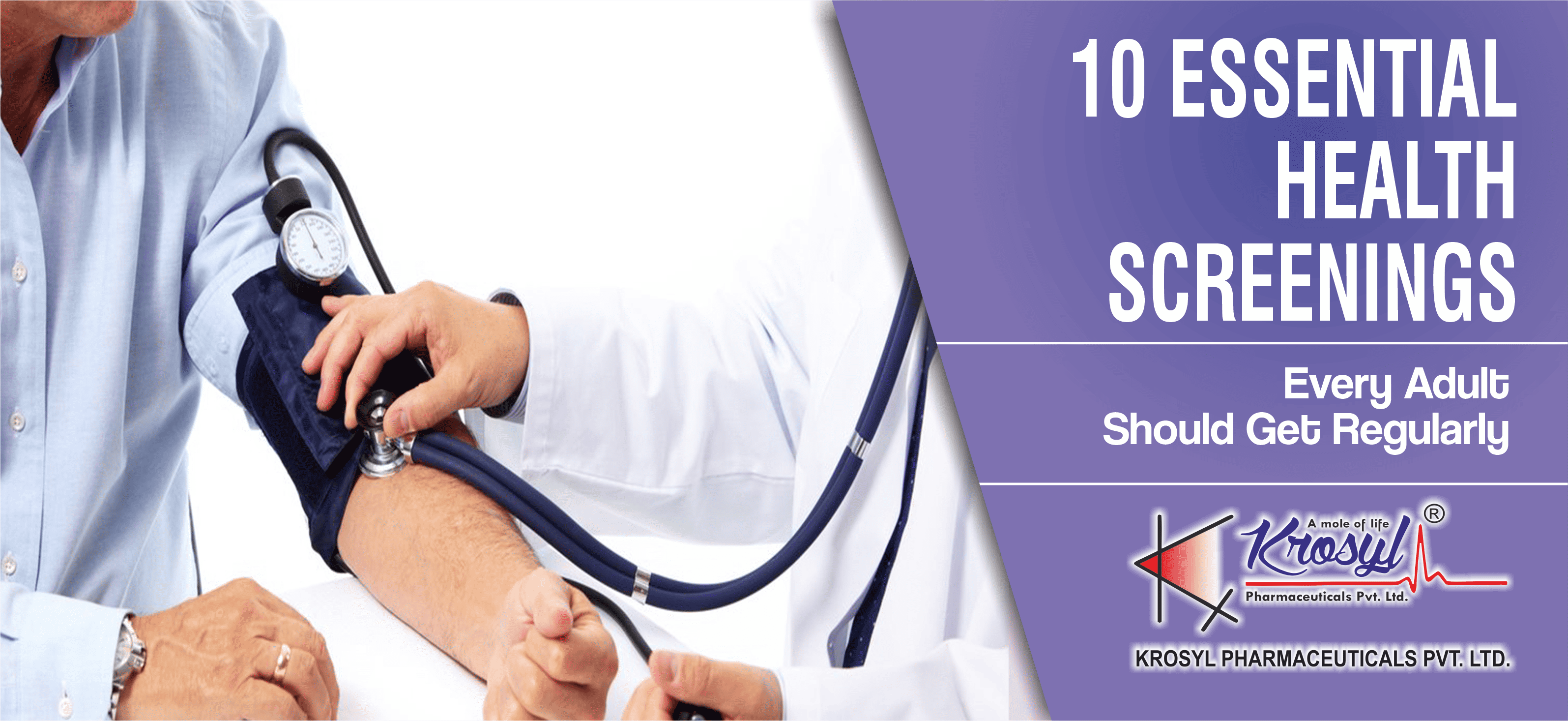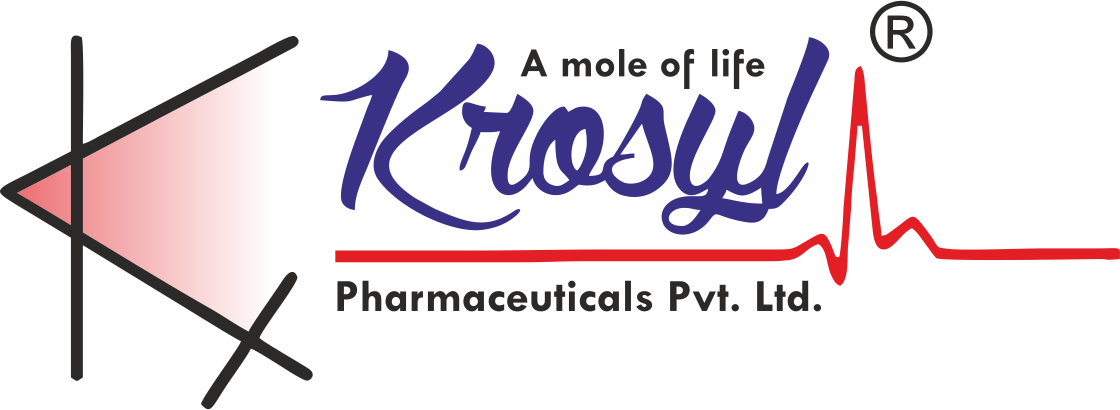
Prelude :
Maintaining good health is crucial for a happy and fulfilling life.
Regular health screenings play a pivotal role in preventing and detecting potential health issues early on, allowing for timely intervention and improved outcomes.
In this blog, we will discuss 10 essential health screenings that every adult should incorporate into their routine to ensure optimal well-being.
- Blood Pressure Measurement: High blood pressure, or hypertension, is often called the “silent killer” because it may not exhibit symptoms until it’s too late. Regular blood pressure screenings can help detect and manage hypertension, reducing the risk of heart disease, stroke, and other cardiovascular issues.
Monitoring: Regular blood pressure checks are crucial, especially for aging adults.
- Cholesterol Levels Check: Monitoring cholesterol levels is crucial for cardiovascular health. Elevated levels of LDL cholesterol (“bad” cholesterol) and low levels of HDL cholesterol (“good” cholesterol) can contribute to heart disease. Regular cholesterol screenings help in early detection and lifestyle modification.
Importance: Monitoring cholesterol levels helps prevent heart disease.
- Blood Glucose Testing: Diabetes is a growing health concern worldwide. Regular blood glucose testing is essential for early detection and management of diabetes. Timely intervention can prevent complications such as nerve damage, kidney problems, and cardiovascular issues.
Significance: Early detection and management of diabetes to prevent complications.
- Colorectal Health Check: Regular screenings for colorectal health, such as fecal occult blood tests or flexible sigmoidoscopies, can help detect issues like polyps or colorectal cancer, increasing the chances of successful treatment.
Purpose: Detecting colorectal issues, including cancer, for timely intervention.
- Breast Health Screening: Women should undergo regular mammograms, clinical breast exams, and self-examinations to detect any abnormalities in the breast tissue, aiding in the early detection of potential issues.
Purpose: Early detection of breast abnormalities, improving treatment outcomes.
- Cervical Health Screening: For women, regular Pap smears and HPV screenings are vital for the early detection of cervical issues. These screenings can identify abnormal cells before they become problematic, allowing for timely intervention.
Objective: Early detection of cervical issues, including cancer prevention.
- Prostate Health Screening: Regular prostate-specific antigen (PSA) blood tests and digital rectal exams (DRE) for men can aid in the early detection of prostate issues, facilitating effective treatment.
Purpose: Early detection of prostate issues, including cancer.
- Bone Density Testing: As people age, the risk of osteoporosis increases. Bone density testing can identify bone loss early on, helping individuals take preventive measures to maintain bone health and reduce the risk of fractures.
Objective: Identifying bone loss early to prevent fractures.
- Vision and Eye Health Examinations: Regular eye exams are crucial for maintaining good vision and detecting conditions such as glaucoma, cataracts, and macular degeneration. Early detection can prevent irreversible damage and ensure optimal eye health.
Importance: Early detection for optimal eye health.
Conclusion:
Prioritizing regular health screenings is an integral part of a proactive approach to well-being. By being proactive about your health and undergoing these essential screenings regularly, you can catch potential issues early on, leading to better outcomes and an improved quality of life. Consult with your healthcare provider to create a personalized screening plan based on your age, gender, and medical history.
Remember, prevention is key to a long and healthy life.
